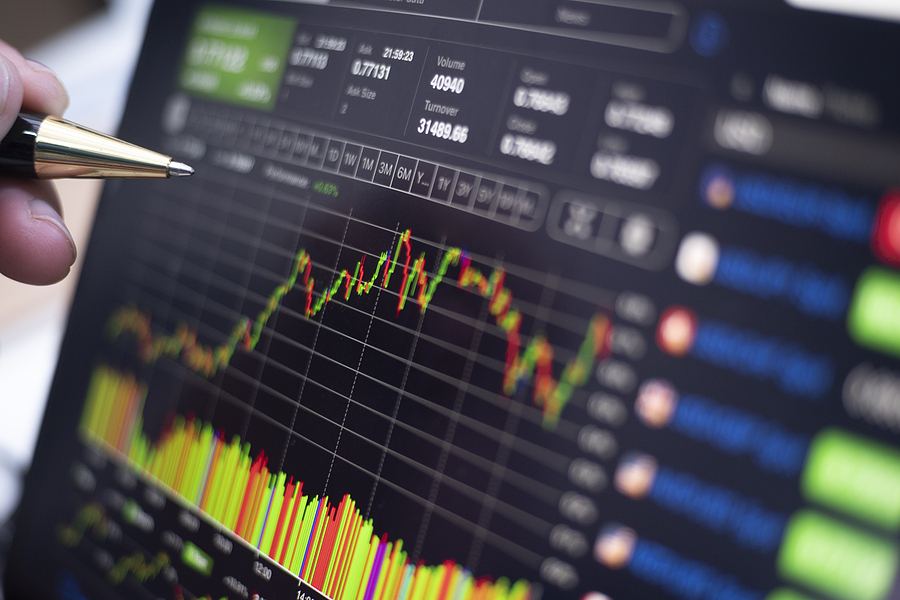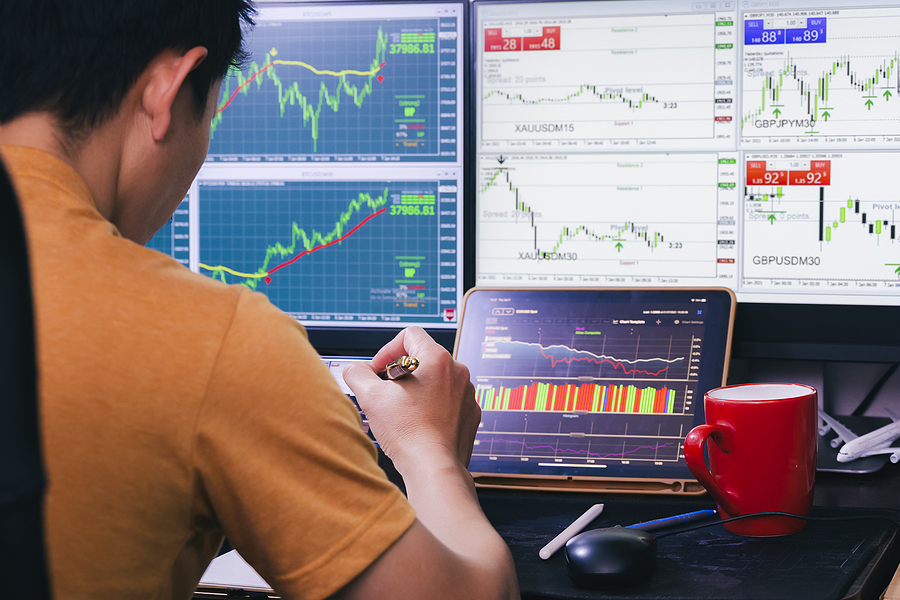Overview
Foreign exchange trading, or forex trading, involves the buying and selling of currencies in the largest financial market in the world, the forex market. The forex market experiences more than $6 trillion in transactions daily and it is the most liquid market in the world.
There are many countries across the world that allow and embrace forex trading, but there are some regions that prohibit foreign exchange transactions, or that have developed restrictive rules for forex trading, including:
- Belarus
- China
- India
- Saudi Arabia
- Canada
- Pakistan
- South Korea
- Japan
- Turkey

Forex trading in Australia
The first is that forex trading is legal in Australia and there is a strict regulatory framework that governs forex trading. However, the regulatory environment in Australia is market-friendly, allowing more legitimate forex brokers to explore Australia as an option.
Australia’s financial market is also showing significant and sustained growth, further adding to the attractiveness of operating out of Australia, allowing more Australian traders to emerge and take advantage of the benefits of trading forex.
Traders who reside in Australia also have a wide range of Australian brokers from which they can choose, with these brokers poised to cater for retail traders as well as professional, institutional investors.
Apart from trading Australian Dollars, traders have access to a wide range of currency pairs that they can exchange in the forex market, allowing retail traders to benefit from a plethora of trading opportunities.
Forex brokers and regulation in Australia
Forex brokers in Australia are regulated and authorized by the Australian Securities and Investments Commission (ASIC). One distinct difference between Australian regulations and that of the United States and Europe, is that Australian brokers have more flexible regulations.
The ASIC is considered as one of the most reputable regulators in the world, alongside the Financial Conduct Authority (FCA), the Cyprus Securities and Exchange Commission (CySEC), the Financial Sector Conduct Authority (FSCA), and several others.
While trading through Australian brokers, retail traders can benefit from a safe trading environment, guaranteed client fund security, and higher maximum leverage ratios than that offered by US and EU brokers says Madelien van Der Merwe from Global Forex News Platform – Forexrecommend.com

Best time for trading Forex in Australia
The forex market runs 24 hours a day, 5 days a week across four major trading sessions. Forex traders who are based in Australia will be trading during the Sydney Session’s hours.
In Australian time (AEST), each market opens at these intervals:
- Sydney: 8am to 5pm with 8am to 11am being the busiest.
- Tokyo (Hong Kong): 10am to 7pm
- London: 6pm to 3am
- New York: 11pm to 8am
It is important for forex traders to plan their trades accordingly as the market experiences varying levels of volatility between different sessions, with the Tokyo session being the less volatile and liquid and the New York and London Sessions being the most volatile and most liquid of the four.
The best time to trade forex in Australia will depend on the trader’s own strategies and trading styles, and which session they would like to use to ensure that they benefit the most from the price movements in currency pairs and their foreign exchange rates.
You might like: Australian Brokers to consider

Forex trading and tax in Australia
Forex trading tax in Australia will apply to forex traders who are not Australian residents but who have an income source in Australia.
Retail traders who live outside of Australia who use Australian brokers to facilitate their trades in the forex market will pay tax on profits that are made. There are many forex brokers who execute large volumes of transactions a day, more than 60% of these trades are considered long-term capital gains and/or losses.
Retail investors are taxed at the following rate – 23%, which is calculated as 60% long-term x 15% maximum rate + 40% short-term rate x maximum income tax rate.
Disclaimer: This article is a private opinion and does not constitute advice or any suggestion. We encourage you to seek your own professional advice.

